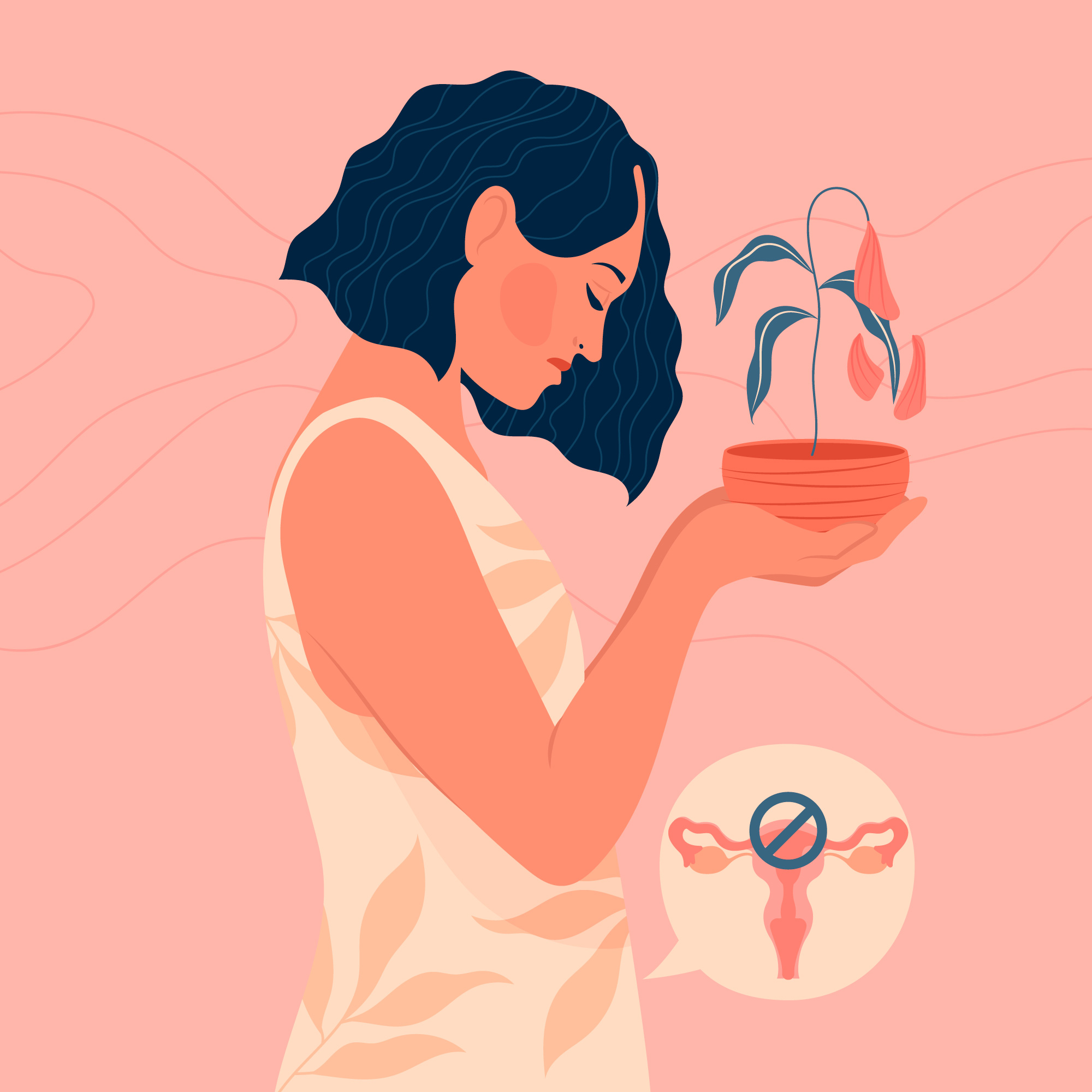
Demystifying Diabetes: Your Ultimate Guide to Managing Blood Sugar and Living a Healthy Life
Introduction: Unlocking the secrets of diabetes, a prevalent condition affecting millions of individuals worldwide, is crucial for Indian patients seeking knowledge and empowerment. In this comprehensive guide, we will unravel the complexities of diabetes, shedding light on its nature, symptoms, causes, and available treatment options. Whether you’re a patient or a caregiver, this article aims to provide a clear understanding of this metabolic disorder, empowering Indian individuals to take control of their blood sugar levels and lead a healthy life.
Understanding Diabetes: Diabetes is a chronic condition that affects the body’s ability to regulate blood sugar levels effectively. There are primarily two types of diabetes: type 1 and type 2.
By understanding the nature of diabetes, its impact on your overall health, and the potential complications it can cause, you can take proactive steps towards managing the condition.
Recognizing the Symptoms: Being aware of the symptoms associated with diabetes is vital for early detection and timely intervention. Common symptoms may include frequent urination, excessive thirst, unexplained weight loss, increased hunger, fatigue, blurred vision, and slow wound healing.
If you experience these symptoms persistently, it is important to consult a healthcare professional for accurate diagnosis and appropriate treatment.
Understanding the Causes: Diabetes can have various causes, depending on the type. Type 1 diabetes is an autoimmune condition in which the body’s immune system mistakenly attacks and destroys the insulin-producing cells in the pancreas.
Type 2 diabetes, on the other hand, is often associated with lifestyle factors such as poor diet, sedentary lifestyle, and obesity. Understanding the potential causes of diabetes can help you make informed decisions and take proactive steps towards prevention and management.
Managing Diabetes: Effectively managing diabetes requires a combination of lifestyle modifications, medication (if necessary), regular monitoring of blood sugar levels, and close collaboration with healthcare professionals. A well-rounded approach to diabetes management includes maintaining a healthy diet, engaging in regular physical activity, monitoring blood sugar levels regularly, taking prescribed medications as directed, and attending regular check-ups with your healthcare team.
Treatment Options for Diabetes: The treatment options for diabetes depend on the type and severity of the condition. Type 1 diabetes typically requires insulin therapy, which involves regular insulin injections or the use of an insulin pump. Type 2 diabetes may be managed through lifestyle changes such as healthy eating, regular exercise, and weight management. In some cases, oral medications or insulin therapy may also be prescribed. Your healthcare provider will work with you to develop an individualized treatment plan that suits your specific needs.
Prevention and Self-Care: For individuals at risk of developing type 2 diabetes, adopting a healthy lifestyle can significantly reduce the chances of developing the condition. This includes maintaining a balanced diet, engaging in regular physical activity, managing stress levels, getting enough sleep, and avoiding tobacco and excessive alcohol consumption. Regular monitoring of blood sugar levels, maintaining a healthy weight, and seeking support from diabetes education programs and support groups can also contribute to effective diabetes management.
Conclusion: Demystifying diabetes is the first step towards taking control of your health and managing your blood sugar levels effectively. By understanding the symptoms, recognizing the potential causes, adopting a healthy lifestyle, adhering to prescribed treatment plans, and seeking ongoing support, Indian individuals can lead fulfilling lives while managing diabetes. Remember, knowledge is power, and with the right tools and support, you can navigate your diabetes journey with confidence and resilience. Stay informed, stay proactive, and prioritize your health for a brighter and healthier future.
I hope this article has helped you understand endometriosis better. You can consult a doctor for more information


